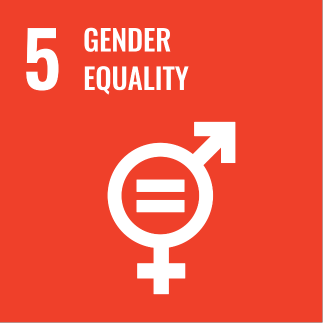KHASI HILLS COMMUNITY REDD+ PROJECT
NATURE-BASED SOLUTIONS
Project Overview
India’s First Registered and Certified Community-Based REDD+ Initiative, rooted in the Umiam Watershed of Meghalaya’s East Khasi Hills, protects over 23,000 hectares of dense and open forests. It safeguards sacred groves, protects vital watersheds, and conserves habitats of endangered species. Guided by traditional Khasi governance, the project tackles deforestation, restores ecosystems, and empowers communities through forest stewardship, microfinance, and sustainable livelihoods.
Key Objectives
Supporting communities to conserve forests and regenerate degraded lands in a global biodiversity hotspot.

Addressing deforestation at its roots by empowering Khasi institutions to lead governance, reduce rural poverty, and support women-led microfinance.


Project Details
Title:
Khasi Hills Community REDD+ Project
Type:
REDD+
Project Location:
Meghalaya, India
Duration:
30 years
Carbon Standard:
Plan VIVO
Certification Status:
Registered and Certified

Partnerships and Stakeholders
Key Collaborators and Local Stakeholders:
Ka Synjuk Ki Hima Arliang Wah Umiam Mawphlang Welfare Society, indigenous Khasi kingdoms, community forest committees, Khasi governance institutions.
Role of Community:
Communities lead forest restoration by preventing deforestation and degradation, establishing fire lines, and promoting awareness on fire management. They adopt sustainable fuelwood practices, manage community funds, and channel carbon offset revenues into livelihoods such as agroforestry, beekeeping, and animal husbandry.
Projects Impact
Annual Impacts (Key Metrics)

471,871 tCO2eq
CARBON CREDITS ISSUED TO DATE

60,000 tCO2eq
AVERAGE ANNUAL CREDITS
Over the project period
Our Recent Initiatives
Strengthening Rural Livelihoods of Smallholder Farmers in Tribal Districts of Odisha
Grouped Commercial Vehicle EV Project in India
Grouped Water Purification Projects in India
Alignment with SDGs





Community Impact
- Women-administered Self-Help Groups (SHGs) and microfinance institutions supporting health, education, and enterprise
- Employment through forest restoration, fire line construction, and sustainable agriculture
- Diversified livelihoods via animal husbandry, organic farming, horticulture, and fuel-efficient stoves


Climate Impact
- Carbon additionality through avoided deforestation, degradation prevention, and assisted natural regeneration
- Conservation of sacred groves, community forests, and ecological corridors enhancing watershed resilience
- Strengthened ecosystem services via biodiversity protection, hydrological regulation, and habitat restoration for endangered species
Challenges & Solutions
Problems Addressed by the Project:
Forest degradation and deforestation threatening biodiversity, water sources, and community livelihoods.
Implemented Solutions:
Assisted natural regeneration and active fire management.
Promotion of alternative energy solutions to reduce fuelwood dependency.
Expansion of livelihood options to reduce pressure on forests.
